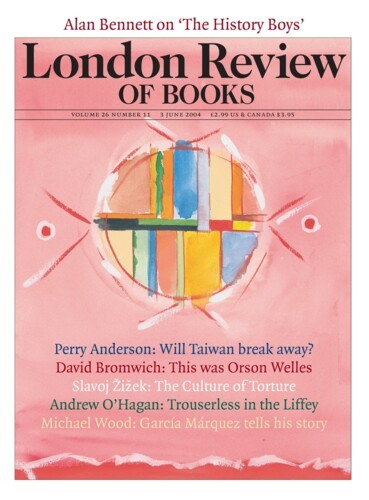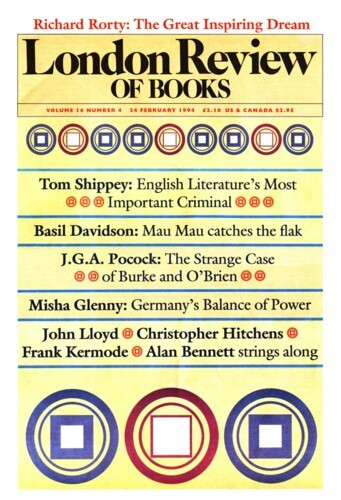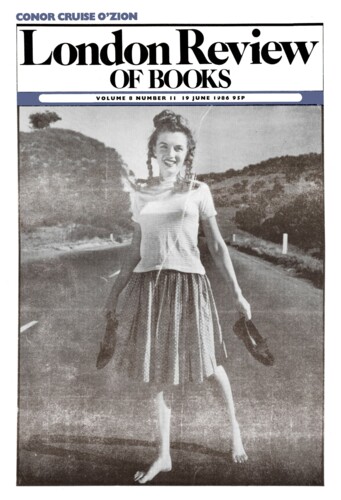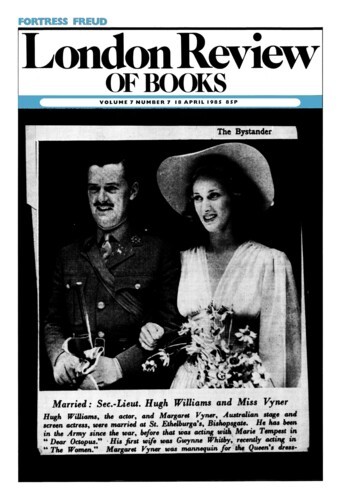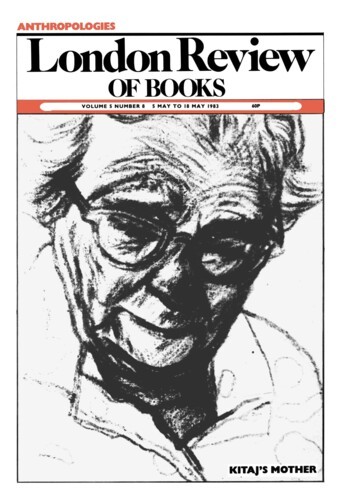It has been said of the early Christian Irish that they were very interested in their history, but preferred it in the form of fiction. If one English reaction to his observation is likely to be that things have not changed much in the Emerald Isle, another ought to be that their own self-satisfaction is misplaced. Of the ‘facts’ of early English history which Every Schoolboy Knows – Alfred and the Cakes, Canute and the Waves, Harold and the Arrow – only the last has any claim to be in a real sense true (and even that has only recently been rescued from understandable scepticism by painstaking scholarship). The legends discussed in these books concern Robin Hood, the early history of Glastonbury, and the meaning of the megaliths. Such material poses problems for the professional historian or archaeologist: is it worth the trouble to debunk what are, after all, fairly harmless stories? A society’s legends are arguably as much a part of its history as the actual events of its past: too dry-as-dust an approach risks isolating the scholar from the very audience that he or she is trying to convince. And what, to coin a phrase, is Truth? Two of these books are by modern scholars, the other by one of the greatest English Medieval historians. Two, though not unsympathetic to the importance of legends, are critical in their approach; the other, not the Medieval historian’s, seems to want to dispense altogether with the methods of modern scholarship.–
The Early History of Glastonbury: An Edition, Translation and Study of William of Malmesbury’s ‘De Antiquitate Glastonie Ecclesie’ by John Scott. Megalithomania by John Michell. It has been said of the early Christian Irish that they were very interested in their history, but preferred it in the form of fiction. If one English reaction to his observation is likely to be...
